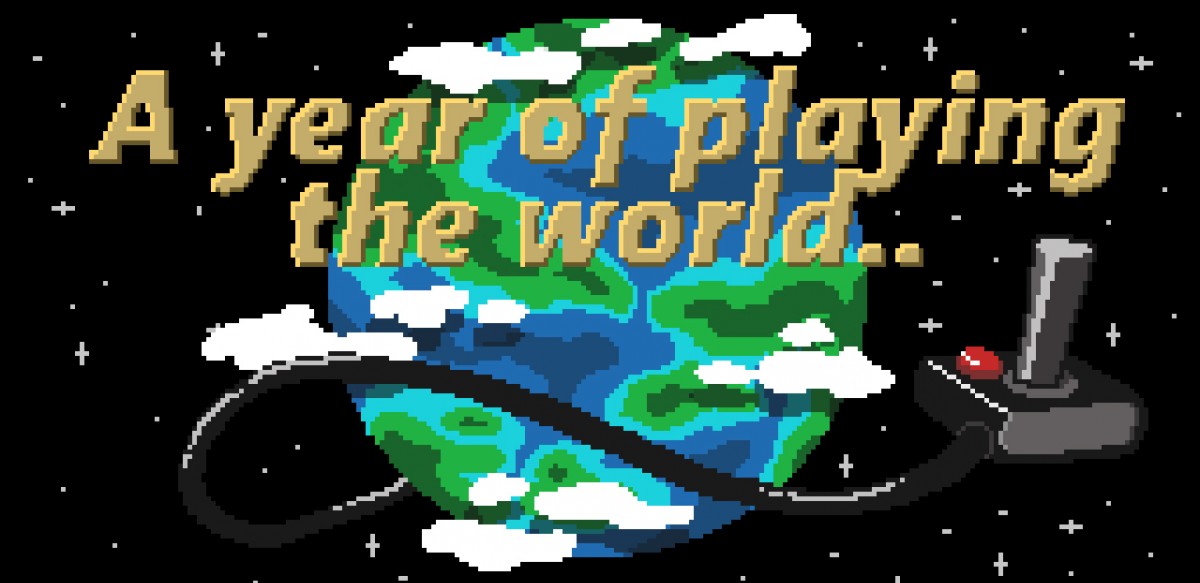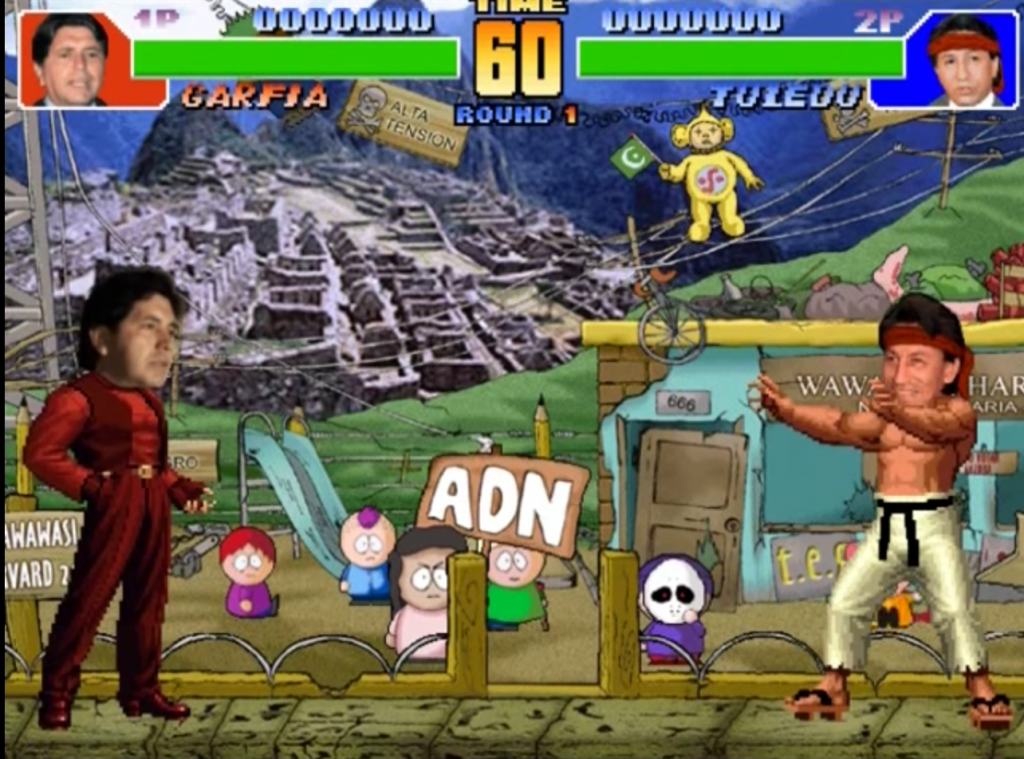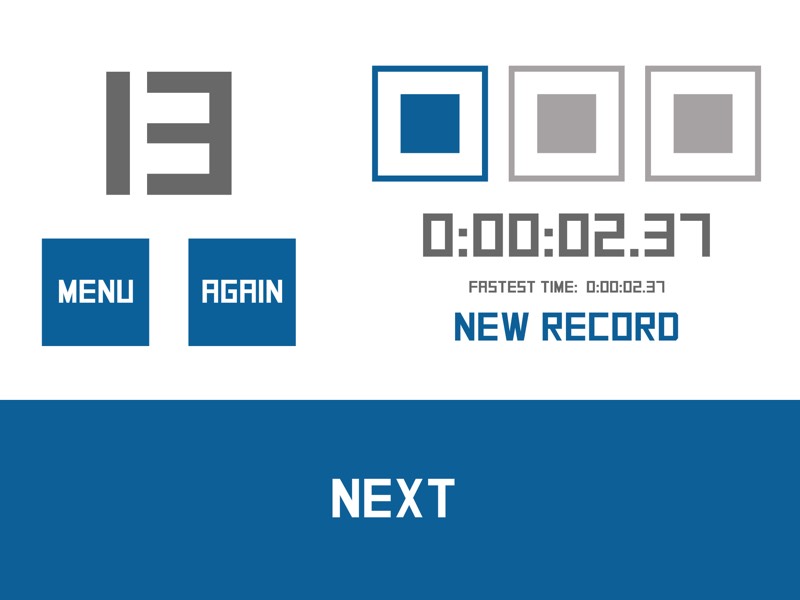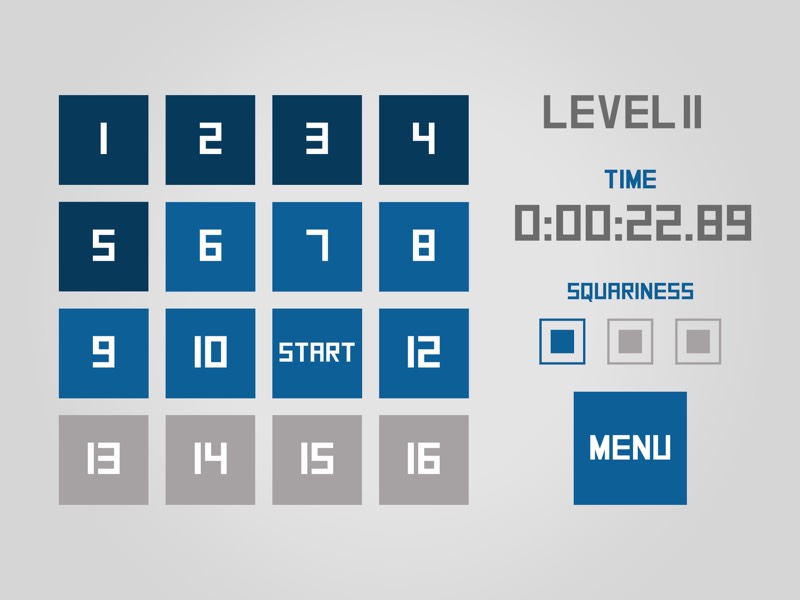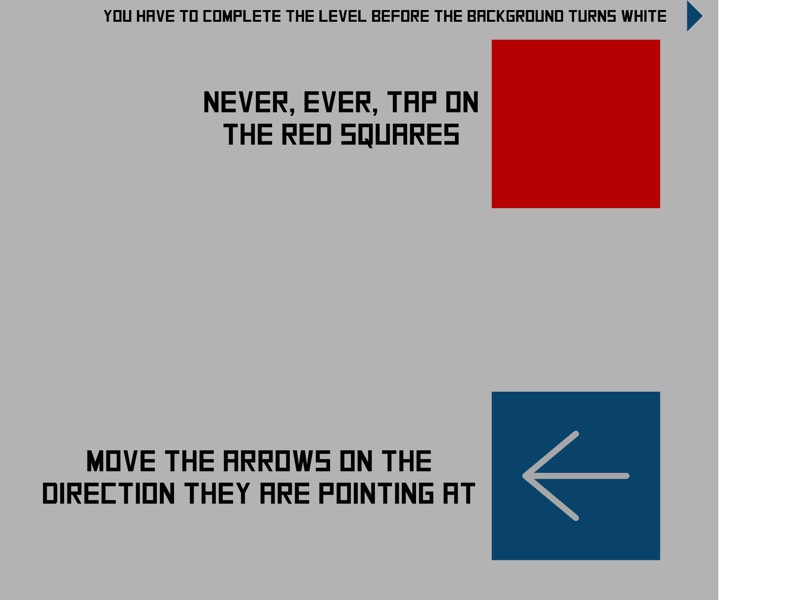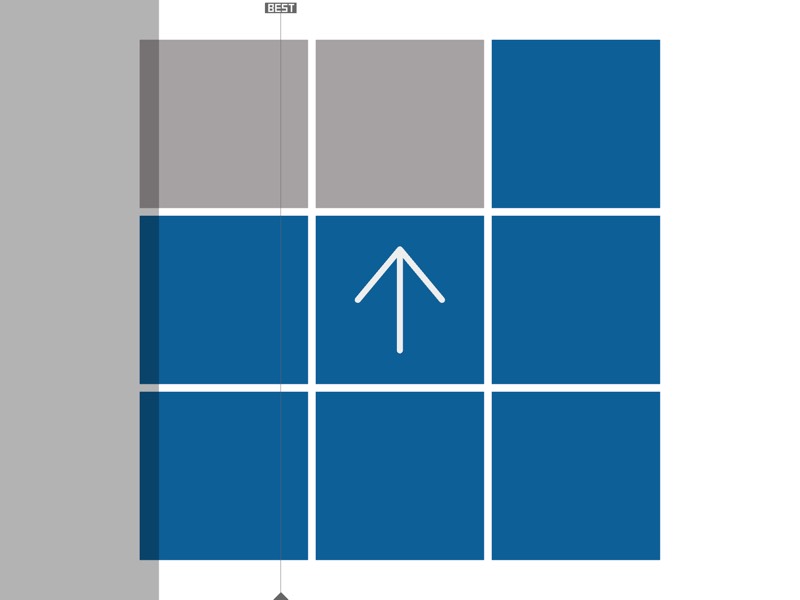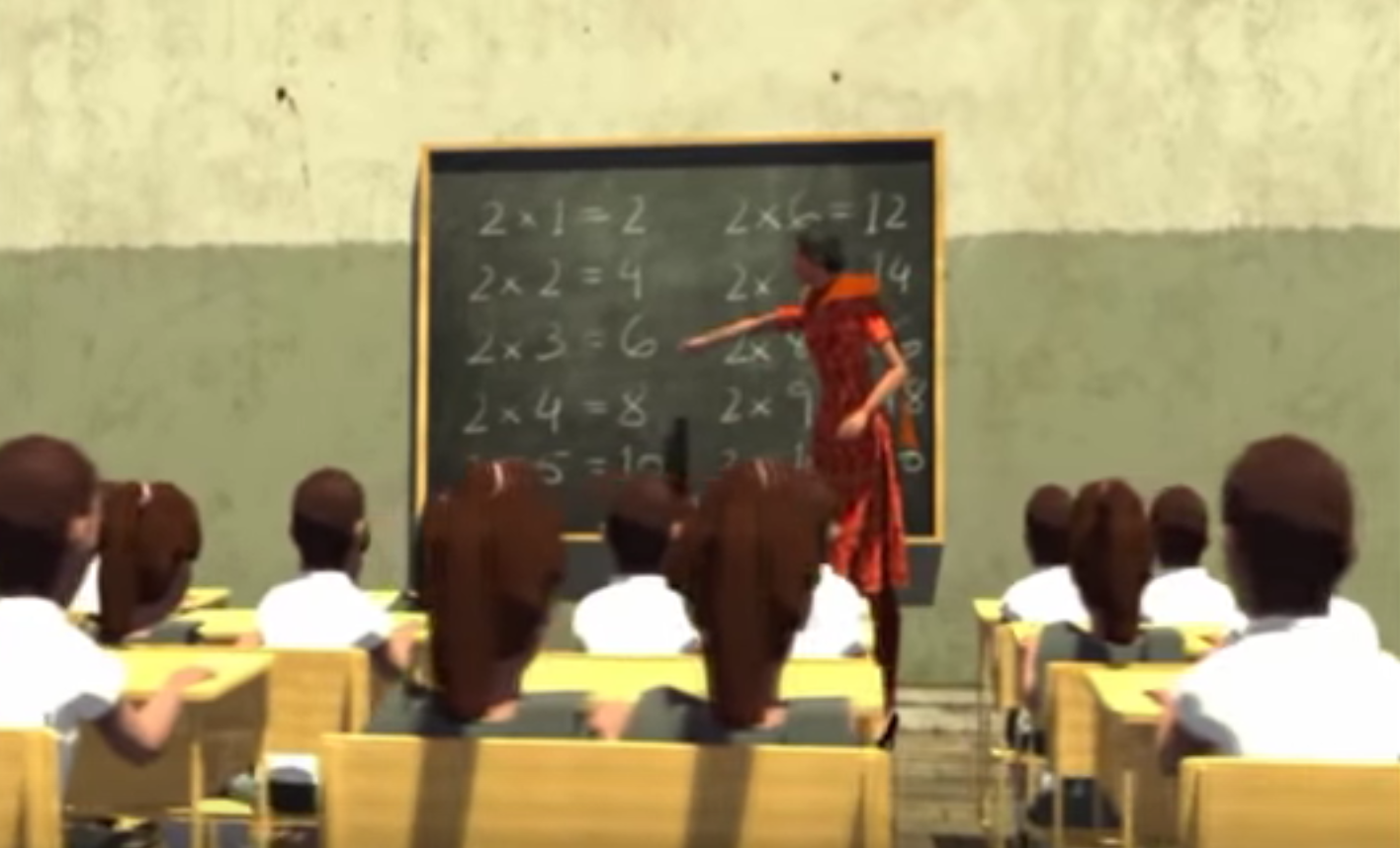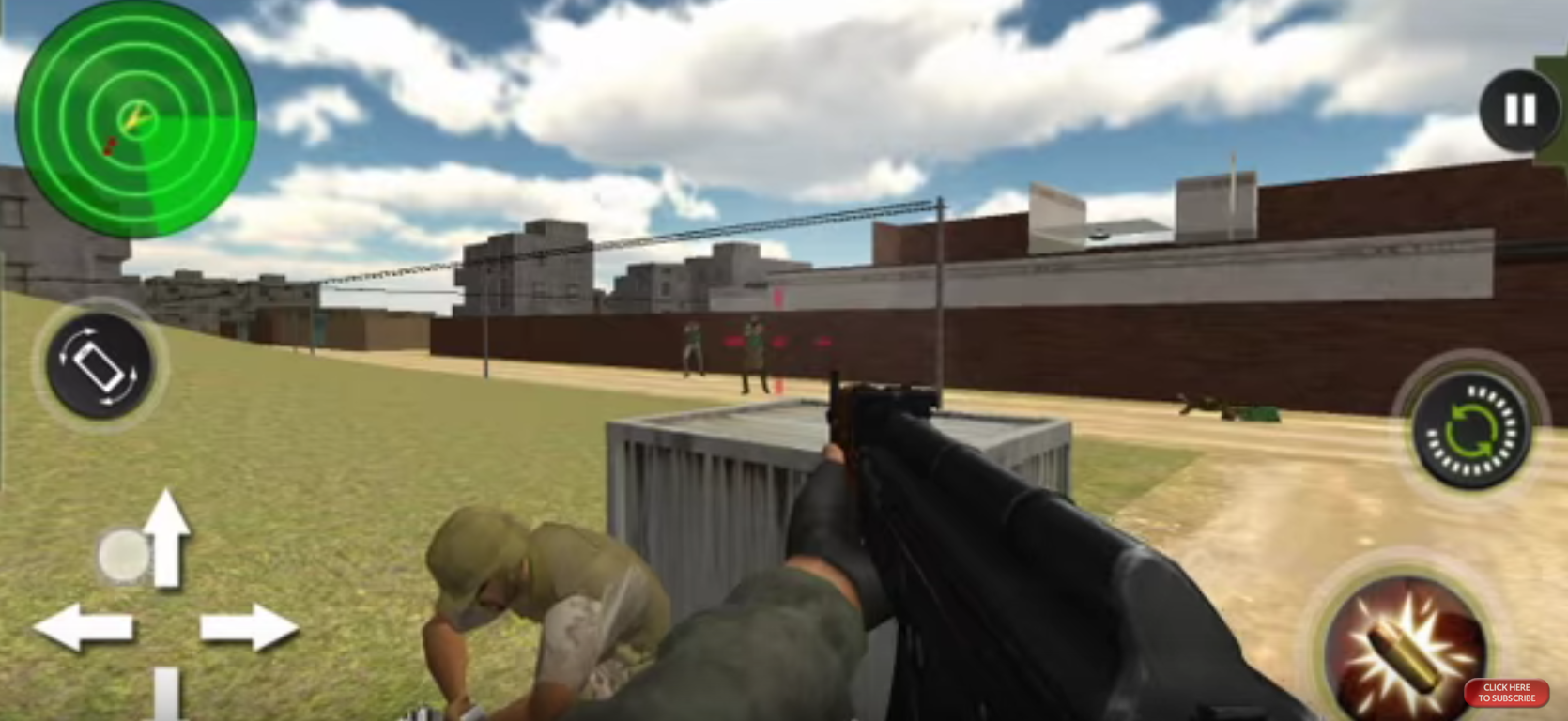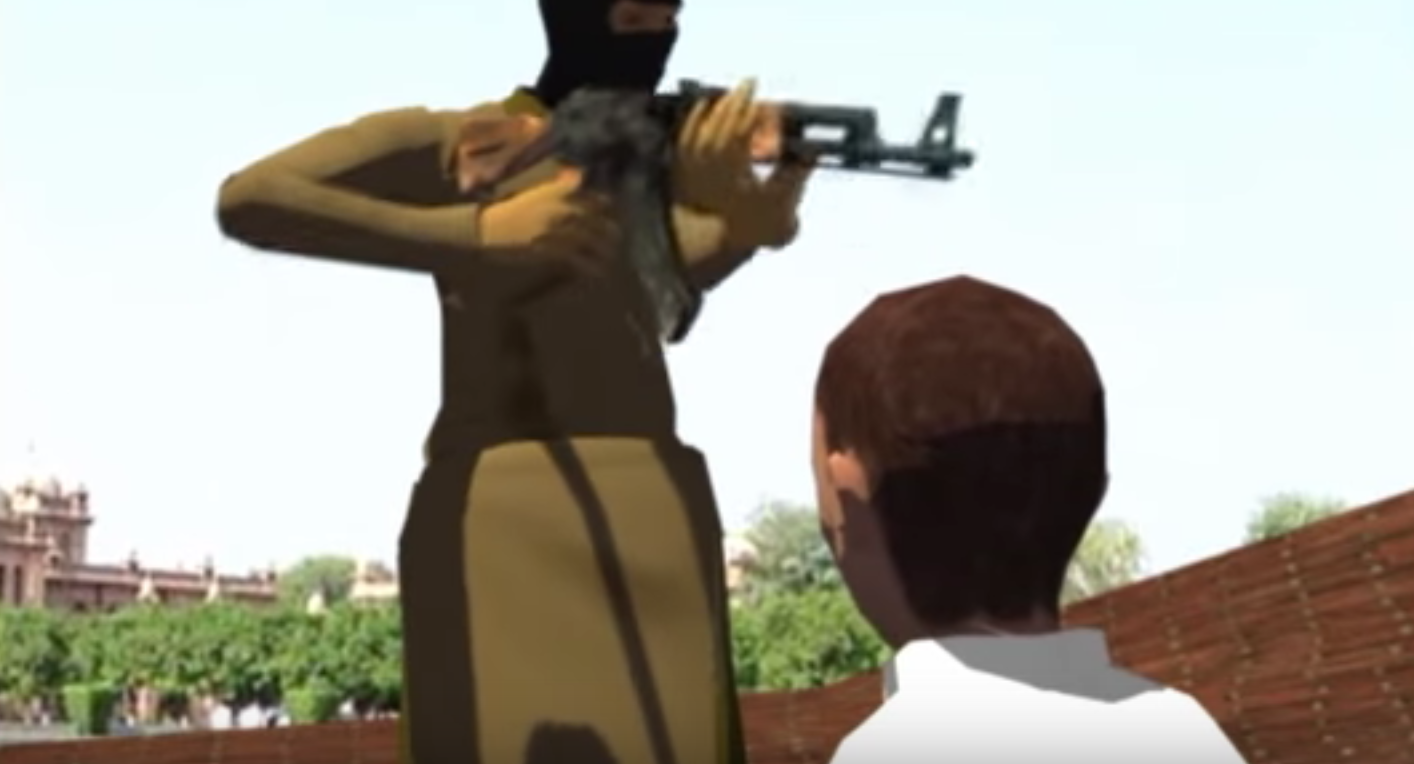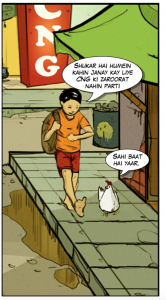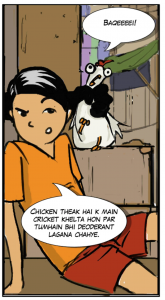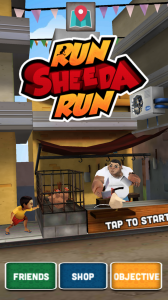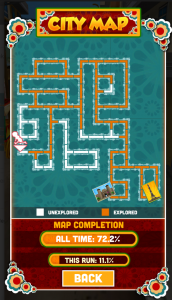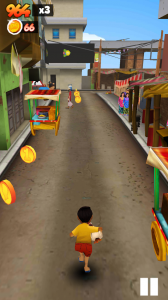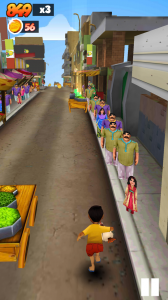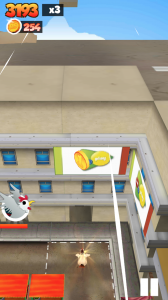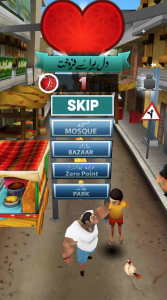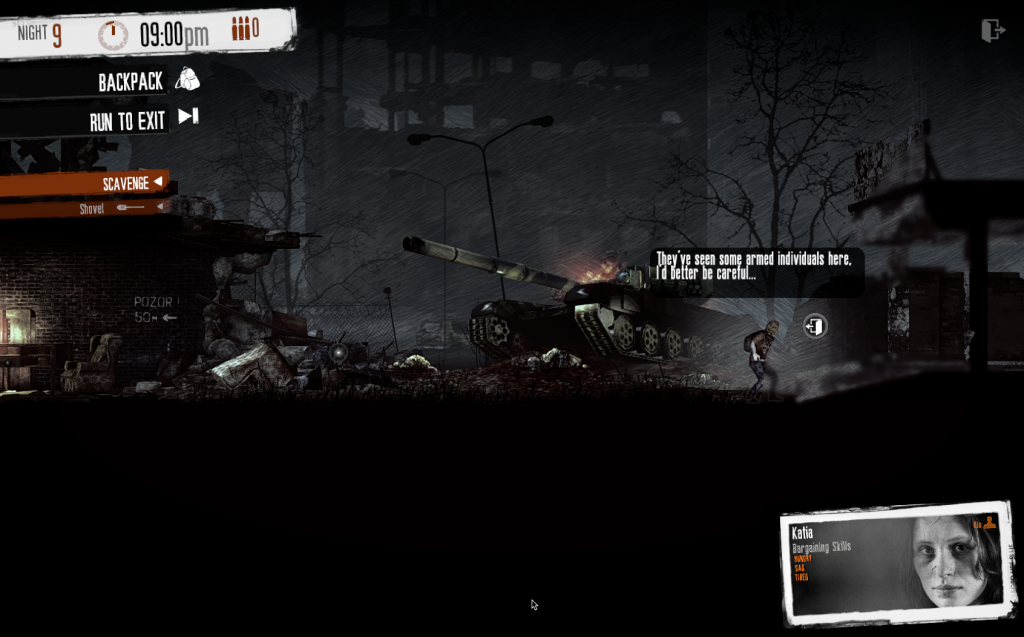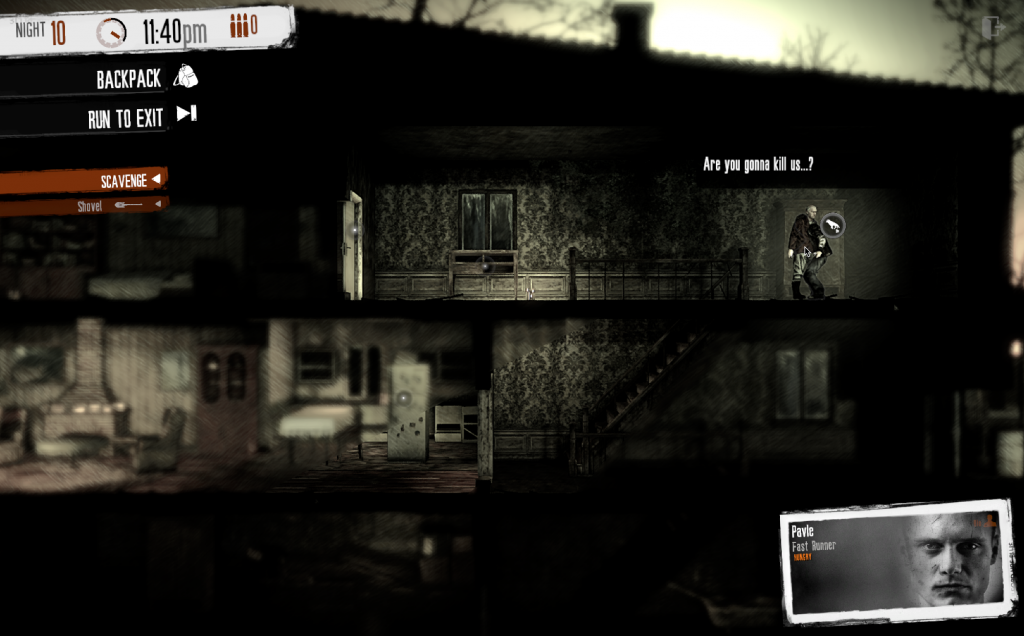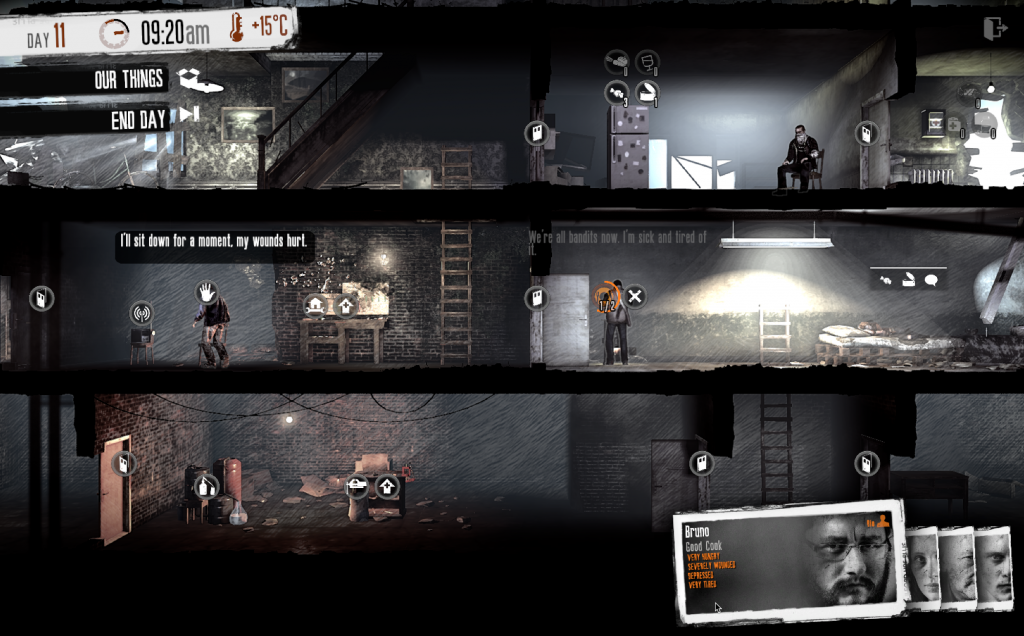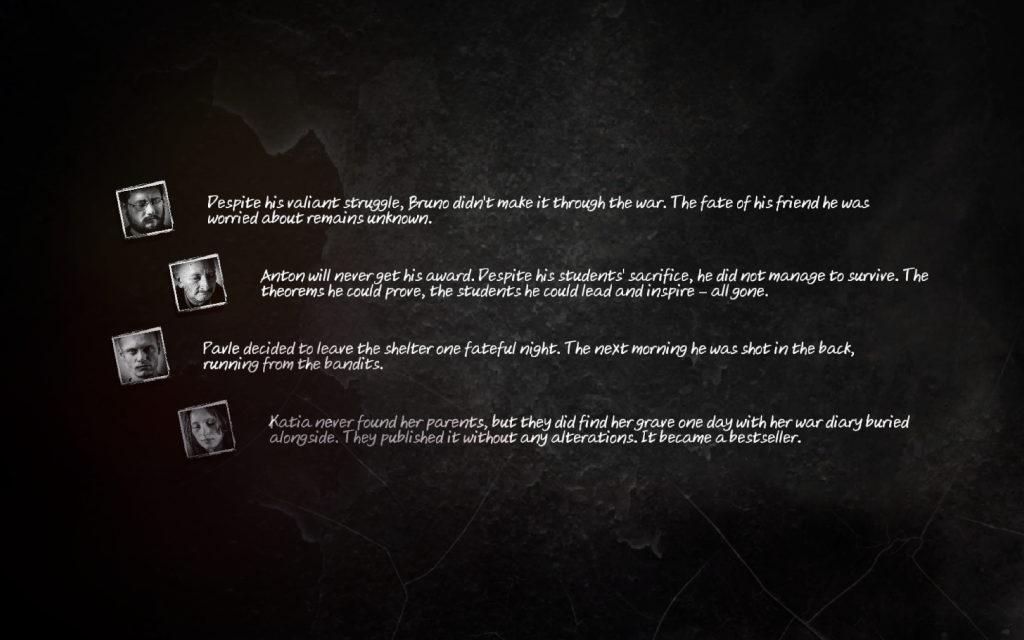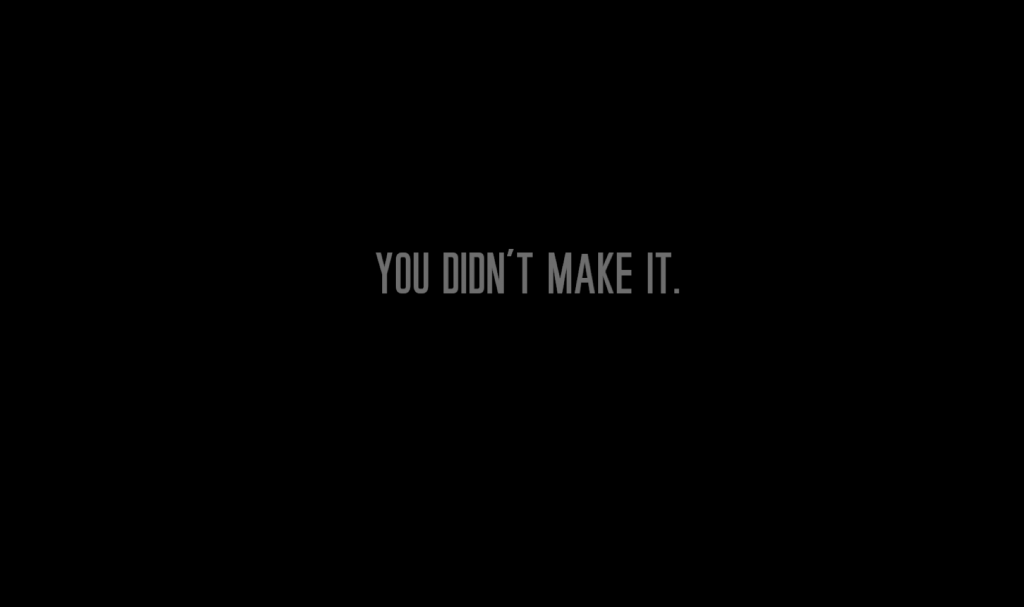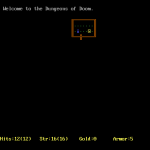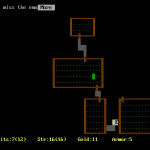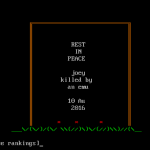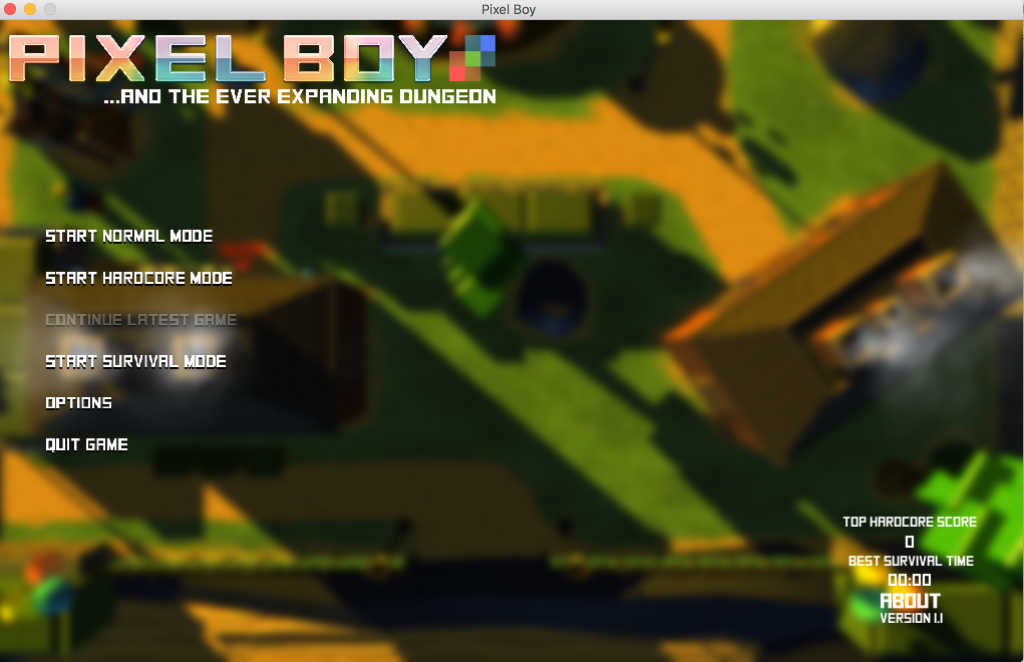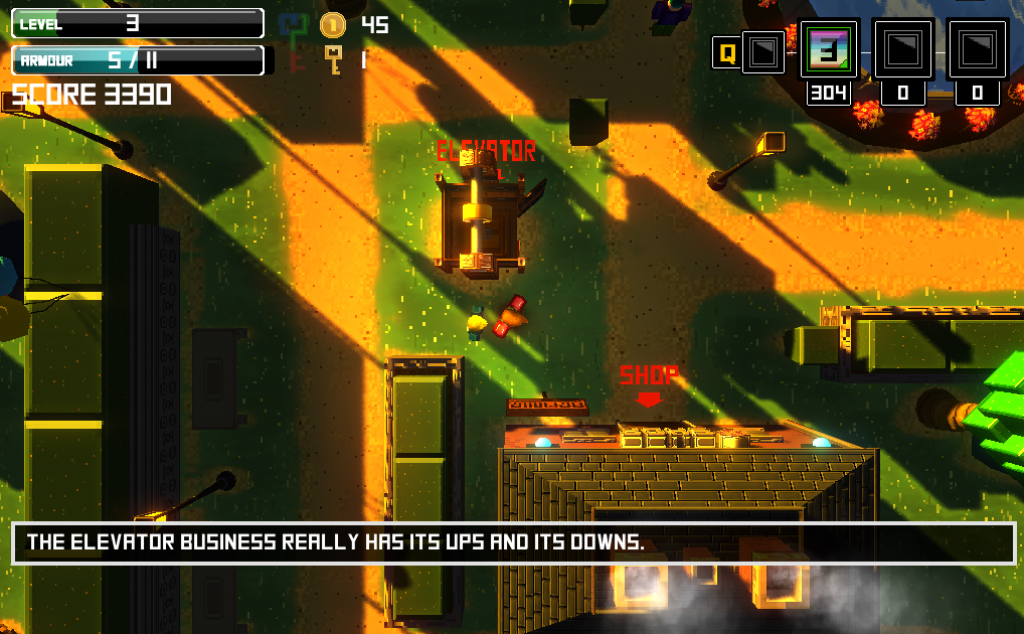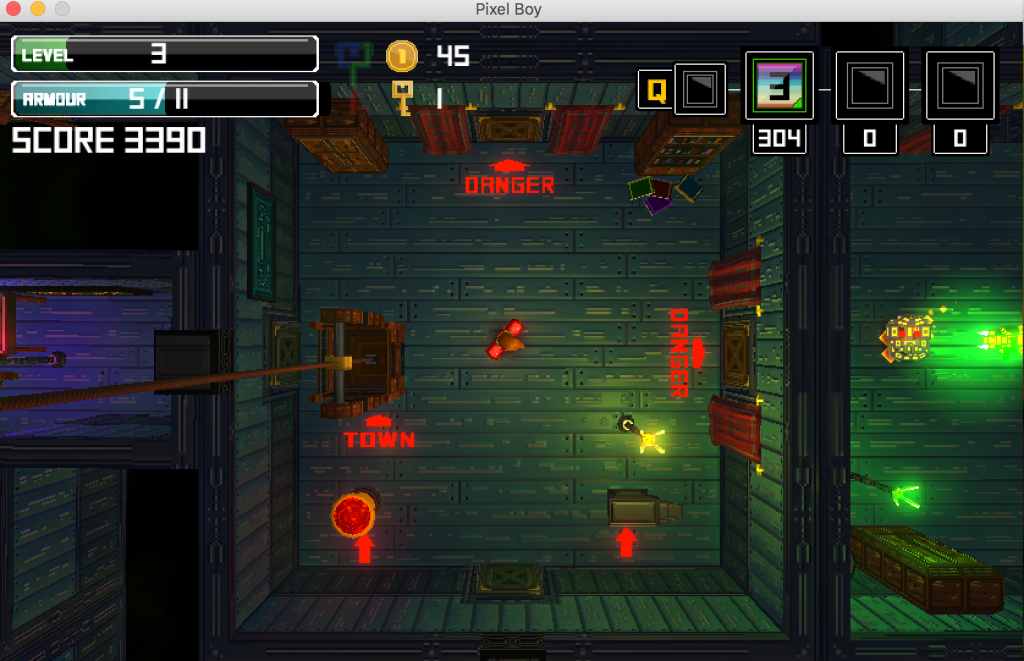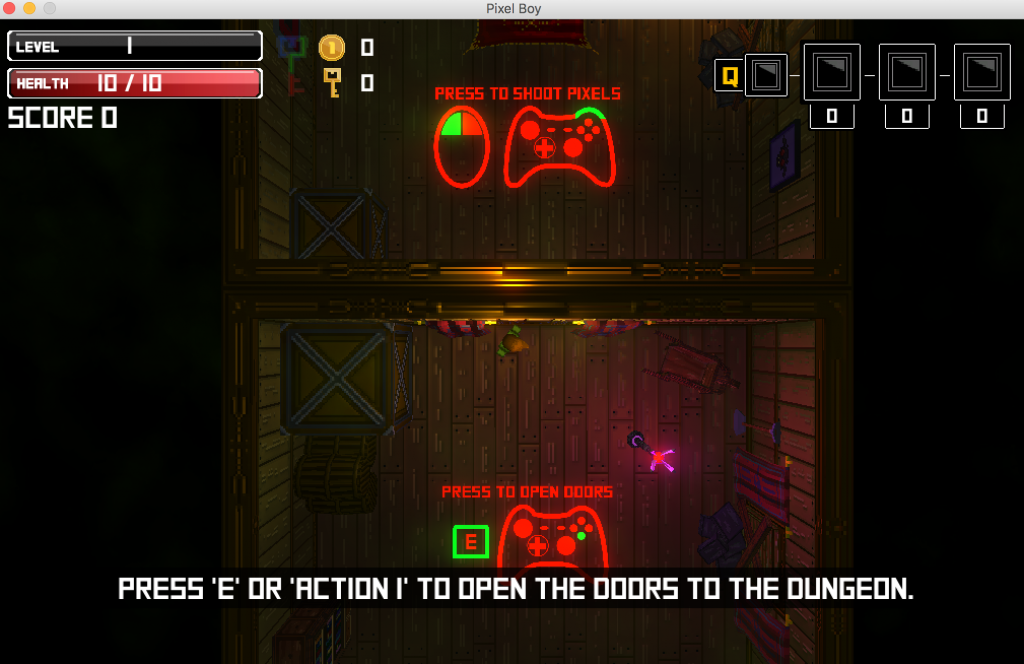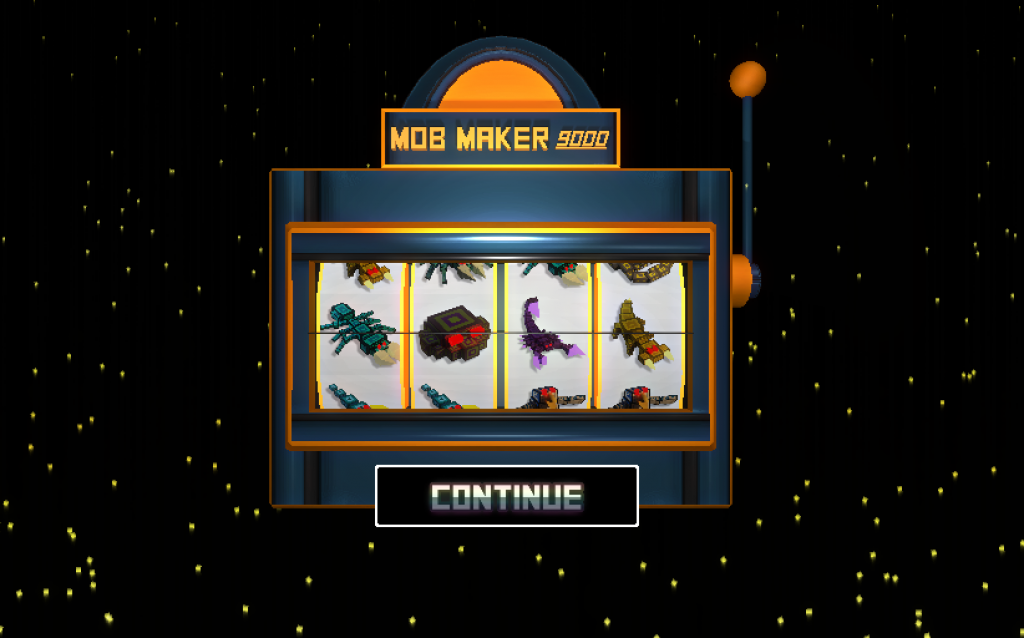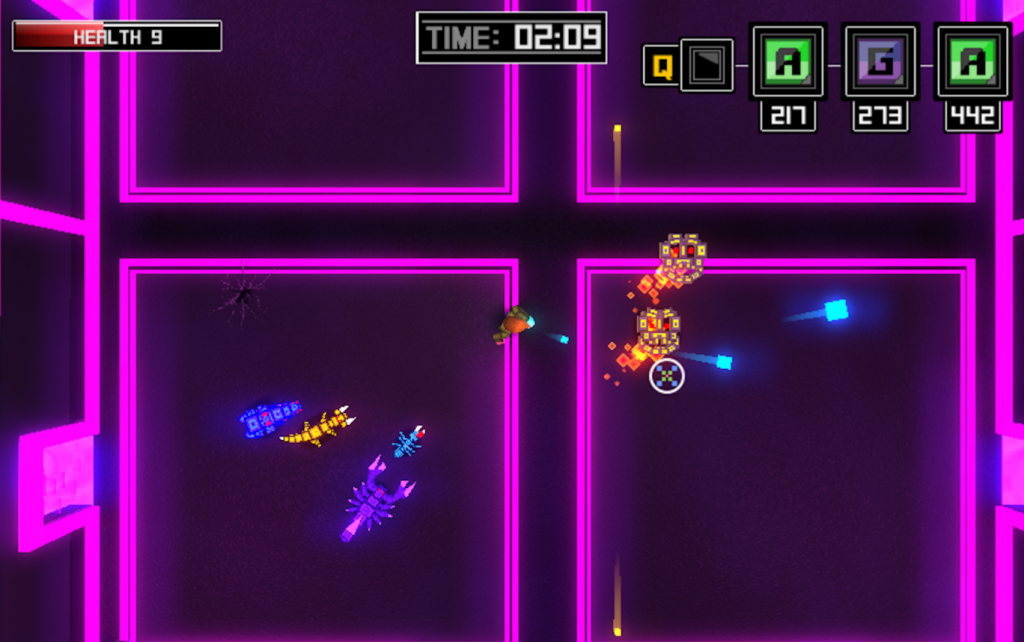“Reverse engineering is key”
My recent journey to Peru inspired me to find my game for this wonderful country full of llamas and crazy altitudes. After some research on games developed in Peru I was immediately fascinated by its game development history and how everything started, so this time I want to take the chance to share with you this story: Peru’s game development history started off very early – with an interesting game “analyzing” and reverse engineering (nice way to put hacking and cracking) scene before internet and games were widespread and the people of Peru had to find alternative ways to spread and play video games.
This polygon article and this gamelab article tell the fantastic story of Mr. Byte and his hacker’s club TEG (Twin Eagles Group). While decompiling, and cracking first games, they’ve also gained the required expertise in game programming. They’ve started by adding new scenes, new levels, new languages to the games; so it was only a short way until they started developing the first games on their own: Gunbee F-99 (Amiga: 1989), and games inspired by local politics such as La Tercera Vuelta and The King of Peru (fighting game), but also the first Peruvian erotic game: Samba de Oruga (tetris with “happy end”).
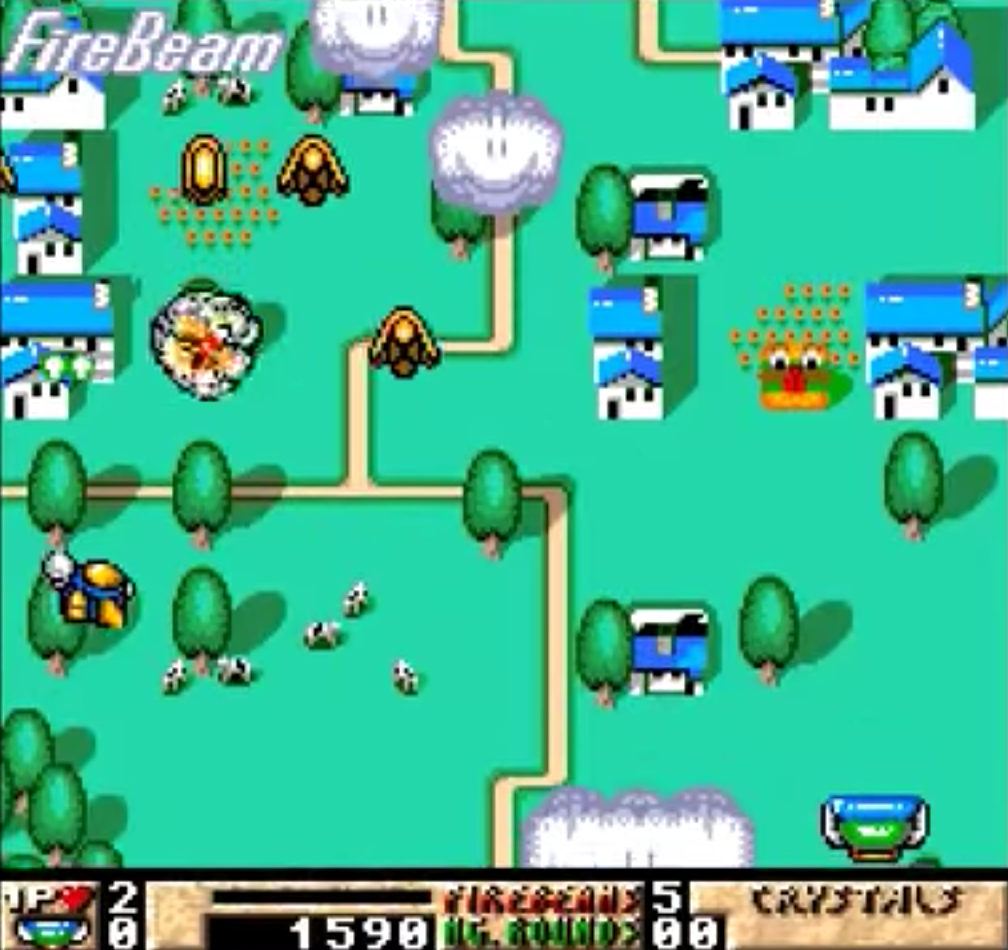
By 2007 TEG stopped their development efforts and the Peruvian game development industry was almost dead. However, apparently starting with the Lima Game Jam in 2012 the spirit to develop games was rediscovered. In the middle of the mobile game area, a new chance for publishing games was visible to Peruvian developers.
Since 2012, Peru is also home of a vivid and uprising IGDA chapter. The’ve just published a brilliant guide of all games developed in Peru. I was extremely surprised by the variety of games developed in this country. In particular the new rise since 2012 is very visible in this guide. Uprising studios such as Bamtang Games and LEAP Game Studios seem to be strong forces in this country. So the IGDA chapter was also the first address I used to raise my question “If I should play ONE game developed in Peru – which one should it be?“. After a couple of days I got my answer: “We talk a lot about your question and we believe that you must play Squares Trials“.
Squares Trials is a very polished fast-paced pastime mobile game about – squares. It uses a simple but addictive and challenging principles: tap blue squares; double tap dark blue squares; never, ever tap on red ones; move arrows to the right direction – and that’s it. That’s also already the very simple and comprehensive tutorial of the game. Sounds easy – it is also easy – the first 3 levels. The games becomes extremely addictive but also very stressful and sometime definitely frustrating. The music also adds to this constant panic – and especially this evil grey shadow disappearing from right to left to put even more pressure on me failing again.
Definitely a perfect game to forget some stressful bus journeys in Peru 🙂 In summary I am very fascinated by Peru’s development spirit and how they made their way into games (literally). Well played Peru – well played!
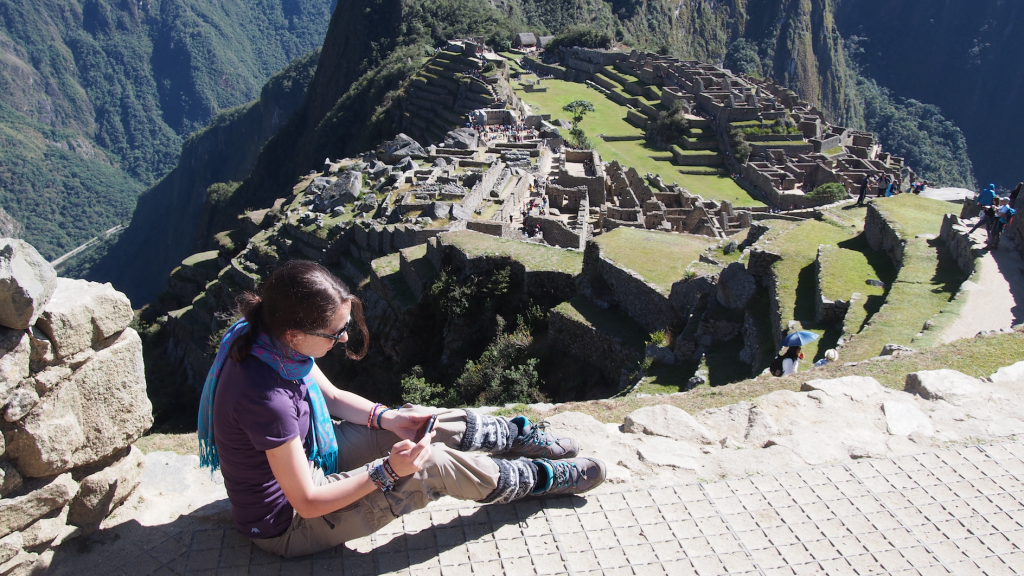
(me playing at Machu Picchu)
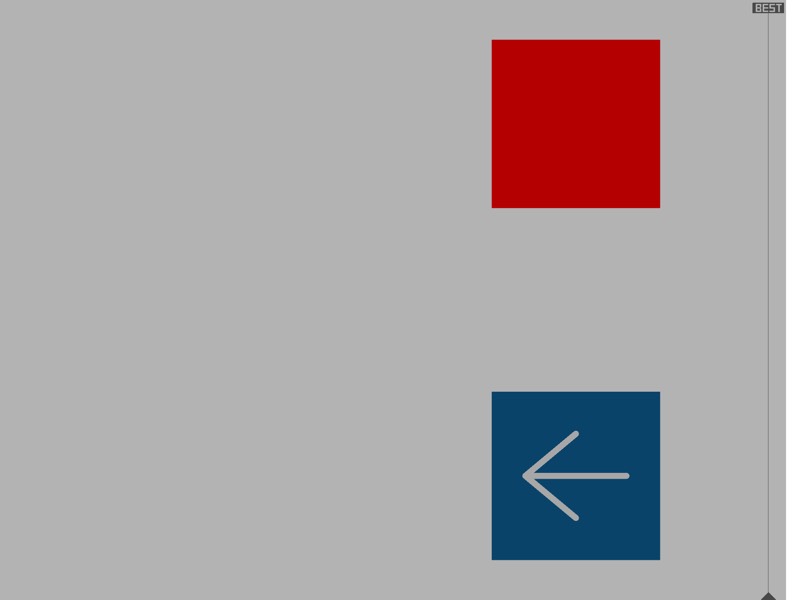
| Release | 2014 |
| Genre | Casual Mobile Game |
| Developer | LEAP Game Studios |
| Publisher | LEAP Game Studios |
| https://itunes.apple.com/pe/app/squares-trials/id703217085 | |
